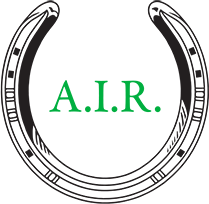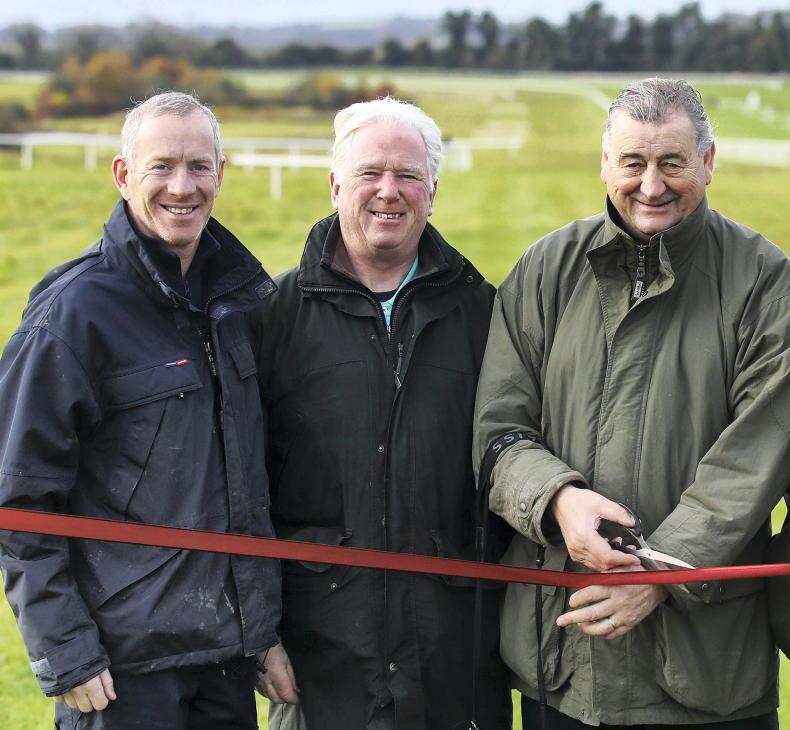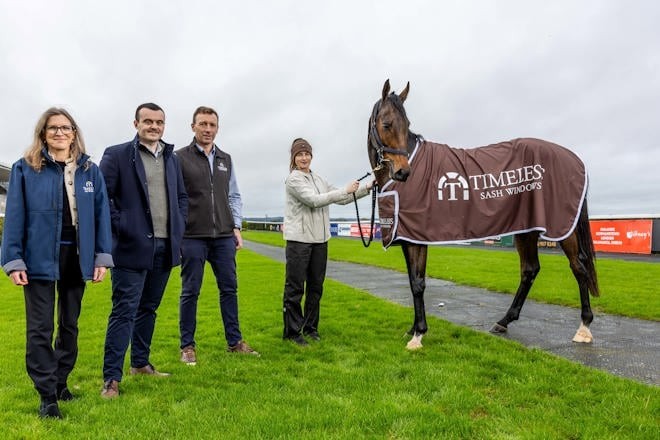From the ground up!
Irish horse racing is renowned all over the world for excellence. From racing and breeding to jockeys and trainers, the Irish compete at the highest level.
The Association of Irish Racecourses (AIR) is extremely proud of our collective achievements, and our members are delighted to be a part of this world-class industry. In this week’s column we are focusing on the unsung heroes of our sport, those who make racing possible. They enable our racecourses to facilitate the running of race meetings, and ultimately to open the gates to the public and broadcast live.
The Groundstaff Association was established in March 2017, led by former head groundsman at the Curragh, Pat Webb, and a committee was formed.
Vincent Eivers is now chairman of the group, foreman at Bellewstown, and former head groundsman at Navan. Cathal Flannelly, foreman at Ballinrobe, is secretary. They are joined by Sean Ryan (Punchestown), Donal Curtis (Navan) and Perry Power (Tipperary and Cork).
To support the objectives of the Association they have assistance from Horse Racing Ireland’s Colin Kehoe, and Damian McLaverty from the Association of Turfgrass Professionals Ireland (ATPI). Their objectives focus on knowledge sharing and networking, education, staff retention and increasing the recognition of the role of racecourse groundstaff within the industry.
“Simply put, racing in Ireland depends on good track care and management. Around 400 fixtures per year at racecourses nationwide are dependent on the weather, and the work of ourgroundstaff at each track. We would like to thank AIR and the many stakeholders and representative bodies we work with for their support,” said Vincent Eivers.
Knowledge
There is great synergy between ground care professionals and staff at golf courses and racecourses all across Ireland, and they share their knowledge and experience regularly. At a recent conference for turfcare professionals, golf and racing groundstaff gathered for the indoor and outdoor specialist presentations, demonstrations and to network and share their knowledge and experience.
The Racing Academy Centre of Excellence (RACE) also facilitated a training course for groundstaff which covered a wide range of topics, giving an understanding of the role from the equine perspective. The course was very well received, and has furthered the resolve of the committee to ensure the educational and training needs of its members are provided for. A Teagasc-led programme is in the planning phase, with groundstaff excited about the possibility of gaining accredited training.
Eivers added: “Much of the work we offer is seasonal or part-time, and makes recruitment and retainment of employees difficult for many racecourses. There is work at almost every racecourse in the country that might suit someone looking for something on an ad-hoc basis; maybe someone who took early retirement but is still fit and likes working outdoors.
“To attract younger recruits we believe a framework for education and continued professional development would help. It would also ensure upskilling of our existing groundstaff, and the Association welcomes the opportunity for an accredited training and education programme in the nottoo-distant future.”
Backbone
Conor O’Neill, AIR chairman, said: “Without doubt groundstaff are the backbone of our industry, our members rely on their expertise and track management skills all year round so that we can open for business on race days. Racecourses are massive sites to maintain and the track itself needs specialist care and attention to ensure it is in peak condition for racing.
“Groundstaff work hard. They are the guys many don’t see moving running rails, often in the flogging rain, or walking back the track long after the band finishes playing. Early starts to see how much rain fell overnight and to walk the course at first light is all part of it.
“They are some of the most diligent, passionate and conscientious people in the industry, and I don’t say that lightly. I’m delighted to see the GroundstaffAssociation striving to upskill, and developing an educational pathway for new and existing employees.”
Leo Powell,



